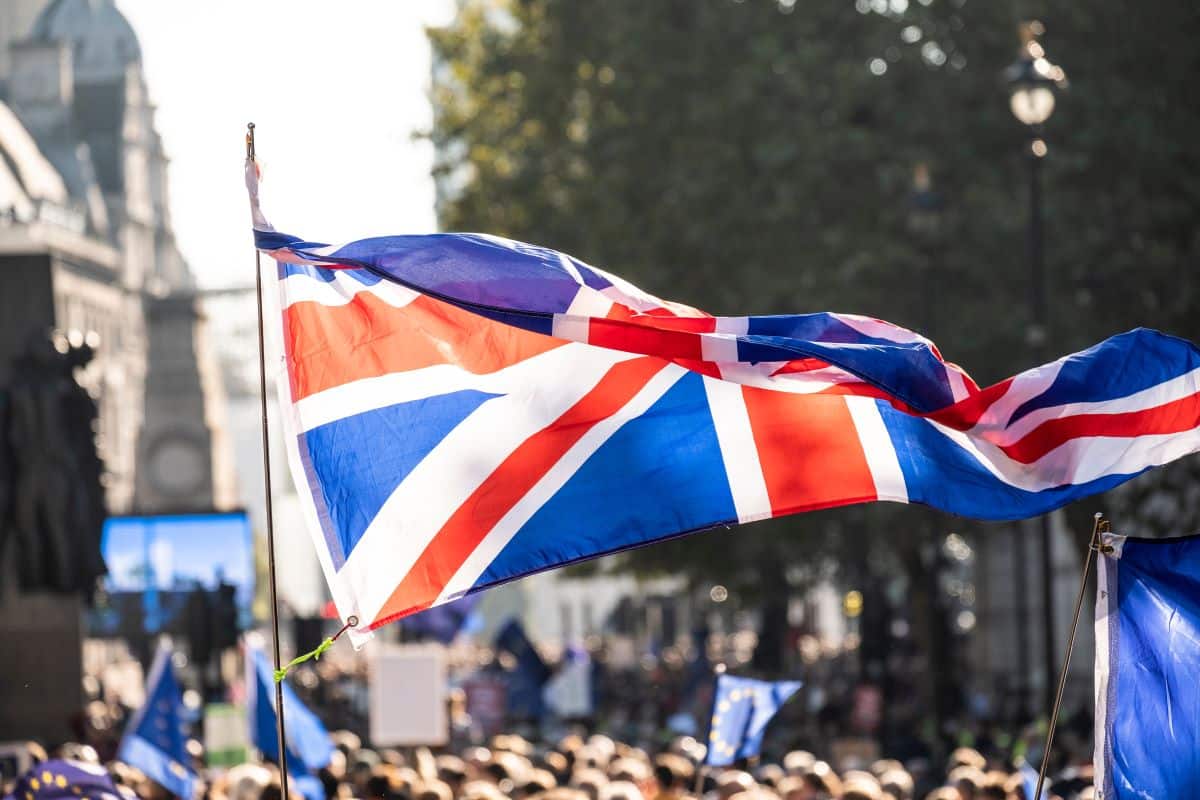A shift toward the right wing often heralds significant changes in a country’s policies, societal norms, and international relations. Right-wing politics typically emphasize national sovereignty, traditional values, and a market-oriented economy. Here are 21 signs indicating the UK might be moving in this direction, along with insights into why these shifts occur.
1. Increased Nationalism
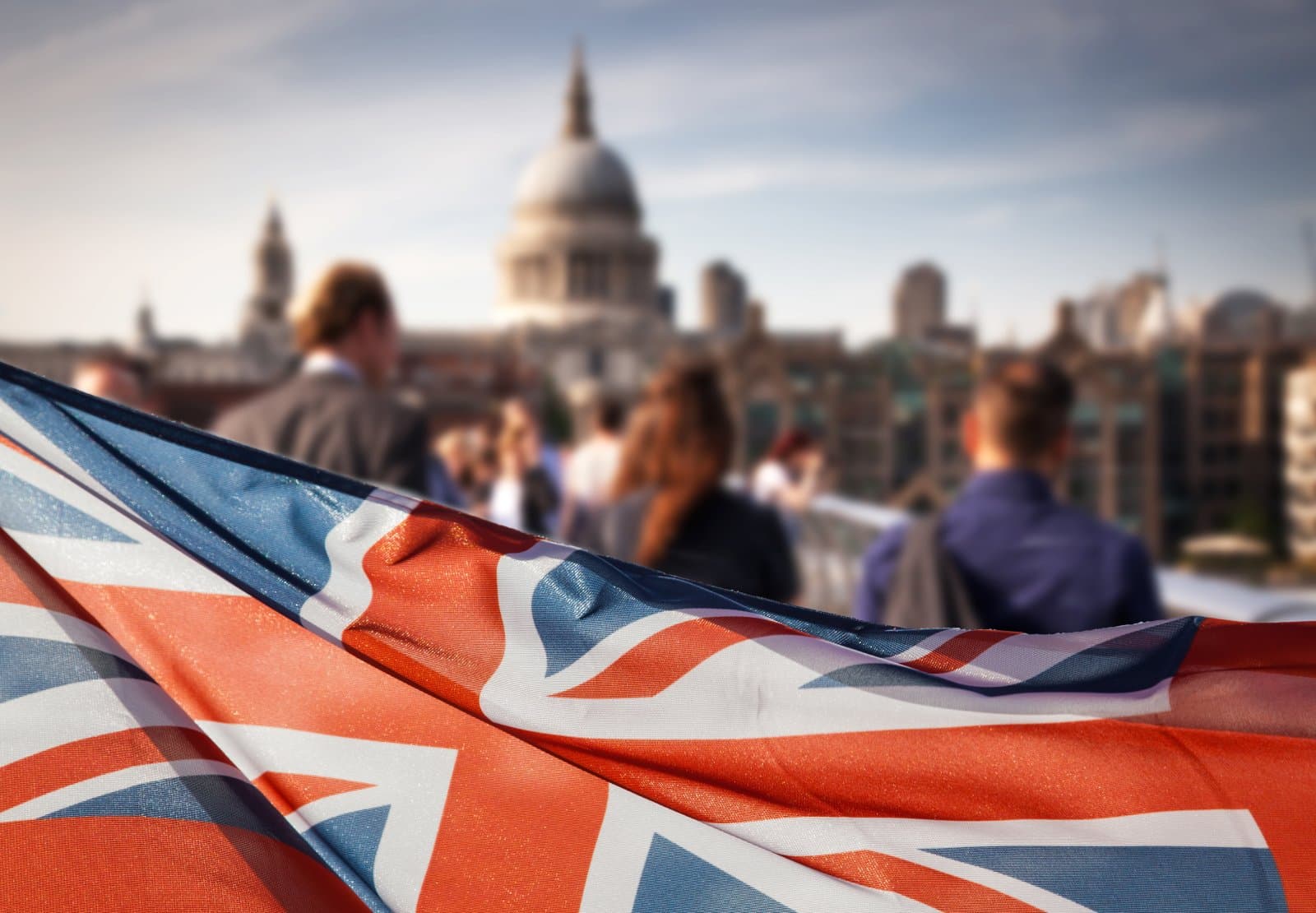
A surge in patriotism, emphasizing national identity and often coupled with skepticism of international institutions and agreements.
2. Strengthening of Border Security
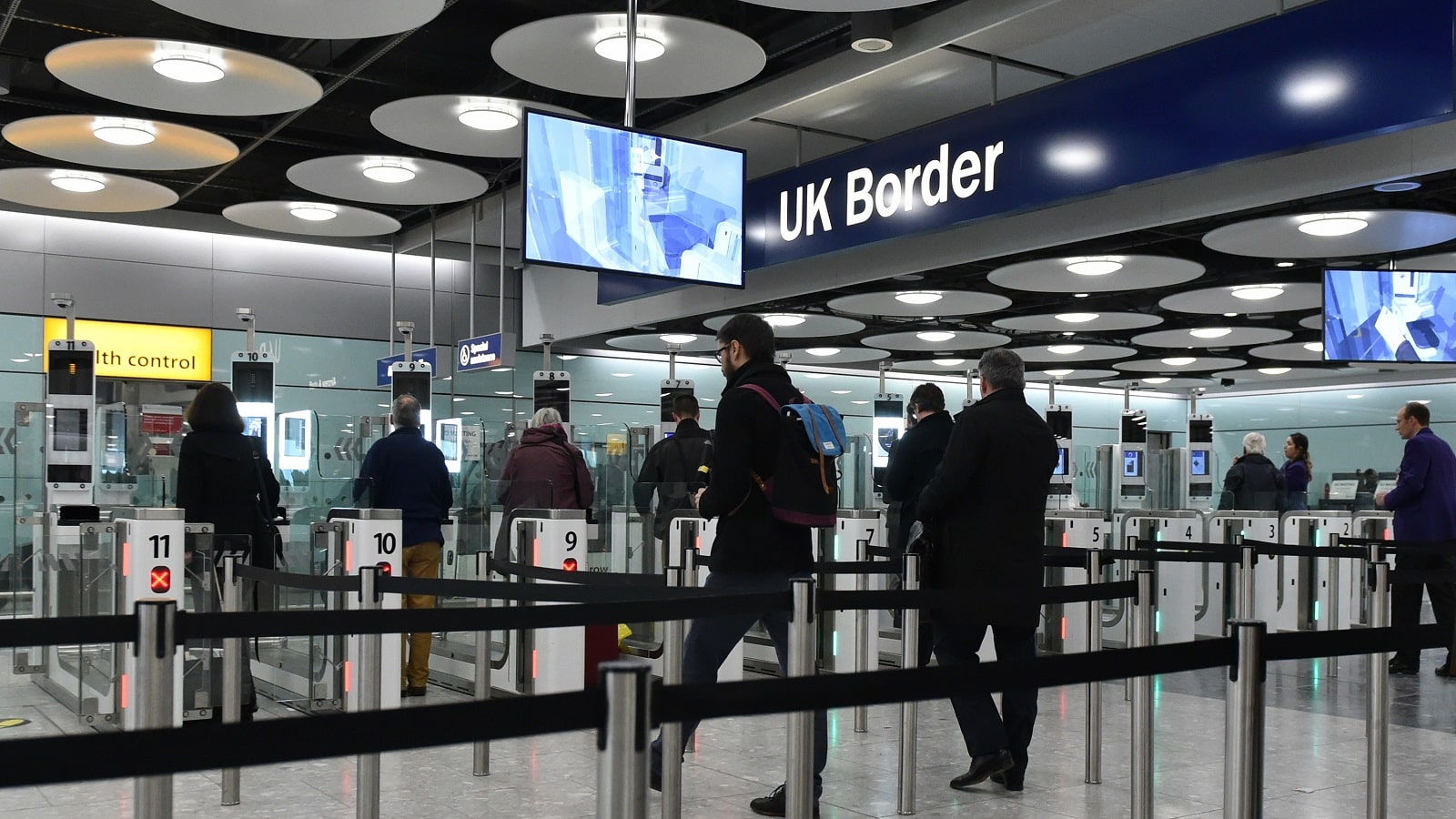
Policies have become more stringent on immigration, with increased border controls and restrictions on migrants.
3. Rise of Conservatism

Electoral gains by political parties advocating for stricter conservative values and policies, like Reform seeing gains.
4. Shift in Economic Policies

A move towards free-market capitalism, deregulation, and reduced state intervention in the economy.
5. Promotion of Traditional Values

Greater emphasis on traditional family structures, gender roles, and religious observance.
6. Law and Order Focus

Implementing stricter laws on crime and order, often with increased penalties and law enforcement powers.
7. Skepticism Towards Multiculturalism

A questioning or outright rejection of multicultural policies in favour of assimilation into a dominant culture.
8. Increased Military Spending

A focus on national security leads to higher defence budgets and militarization.
9. Reduced Emphasis on Social Welfare

Cuts to social programs and a push for individuals to rely more on private sector solutions.
10. Changes in Education

Incorporation of nationalistic and conservative values into educational curriculums.
11. Tighter Media Controls

Increased scrutiny and regulation of media to align with national interests or conservative values.
12. Opposition to Globalization

Policies that favour domestic industries and workers over global economic integration.
13. Curtailing of Environmental Regulations

Deregulation favouring business interests over environmental protections.
14. Judicial Shifts
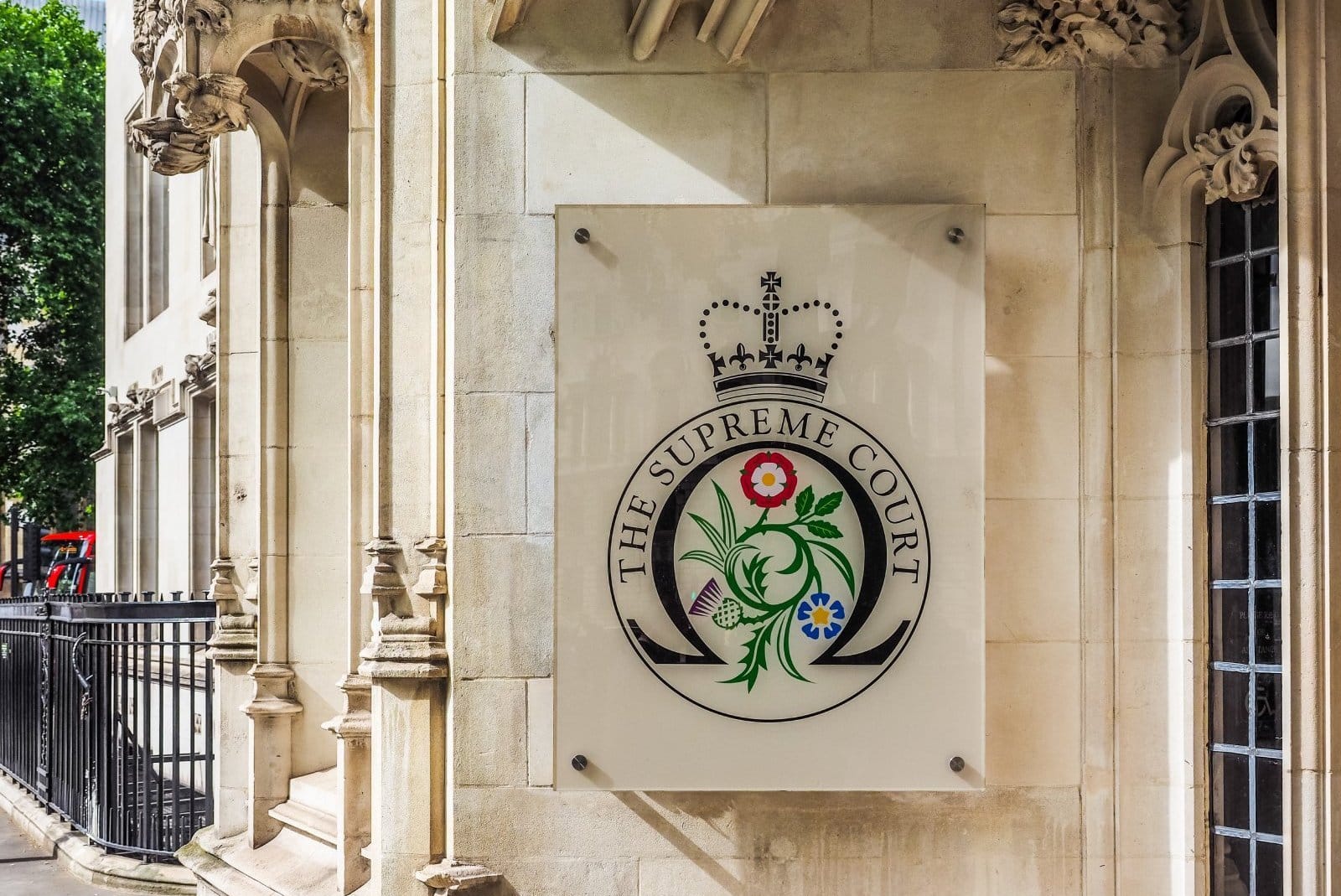
Appointment of conservative judges and changes in legal interpretations reflecting right-wing ideologies.
15. Anti-LGBTQ+ Sentiments
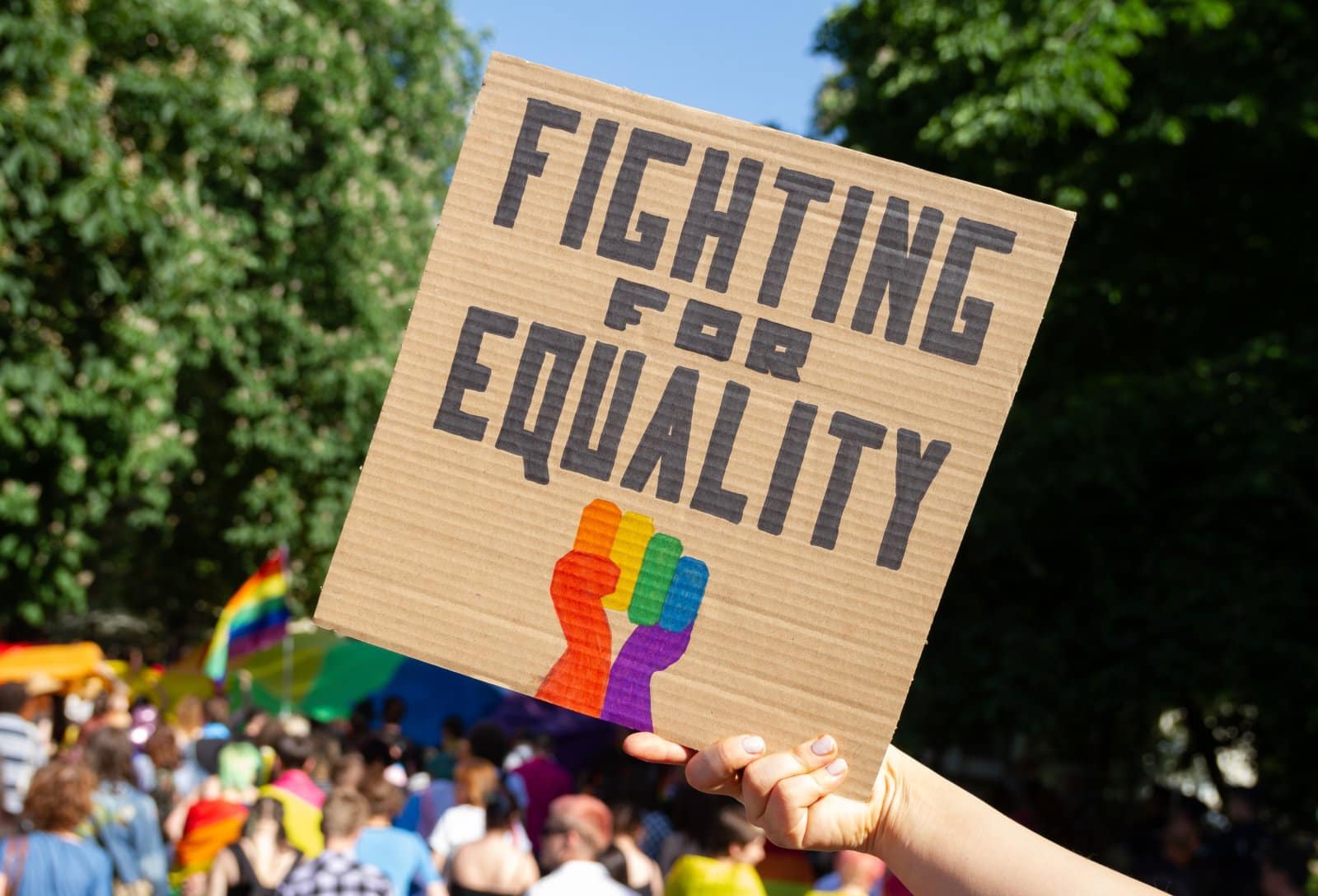
Legislation and policies that limit LGBTQ+ rights and freedoms.
16. Populist Rhetoric

Leaders use populist appeals that emphasize the distinction between the “ordinary people” and the “corrupt elite.”
17. Resistance to Change

A general resistance to progressive reforms and a preference for maintaining the status quo.
18. Diminished Labor Rights
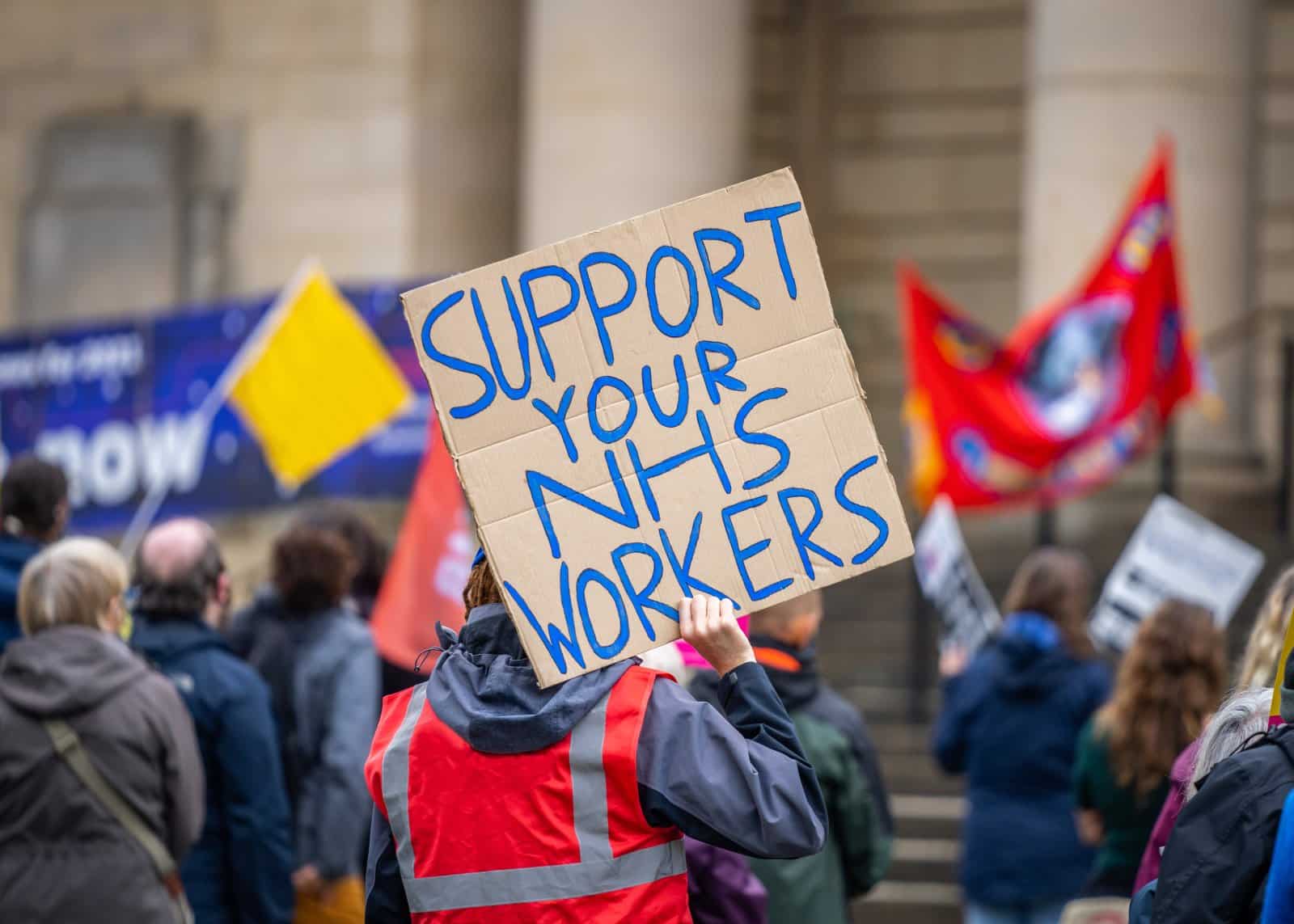
Weakening of labour unions and reduction of worker rights in favour of corporate interests.
19. Rejection of Climate Change Initiatives
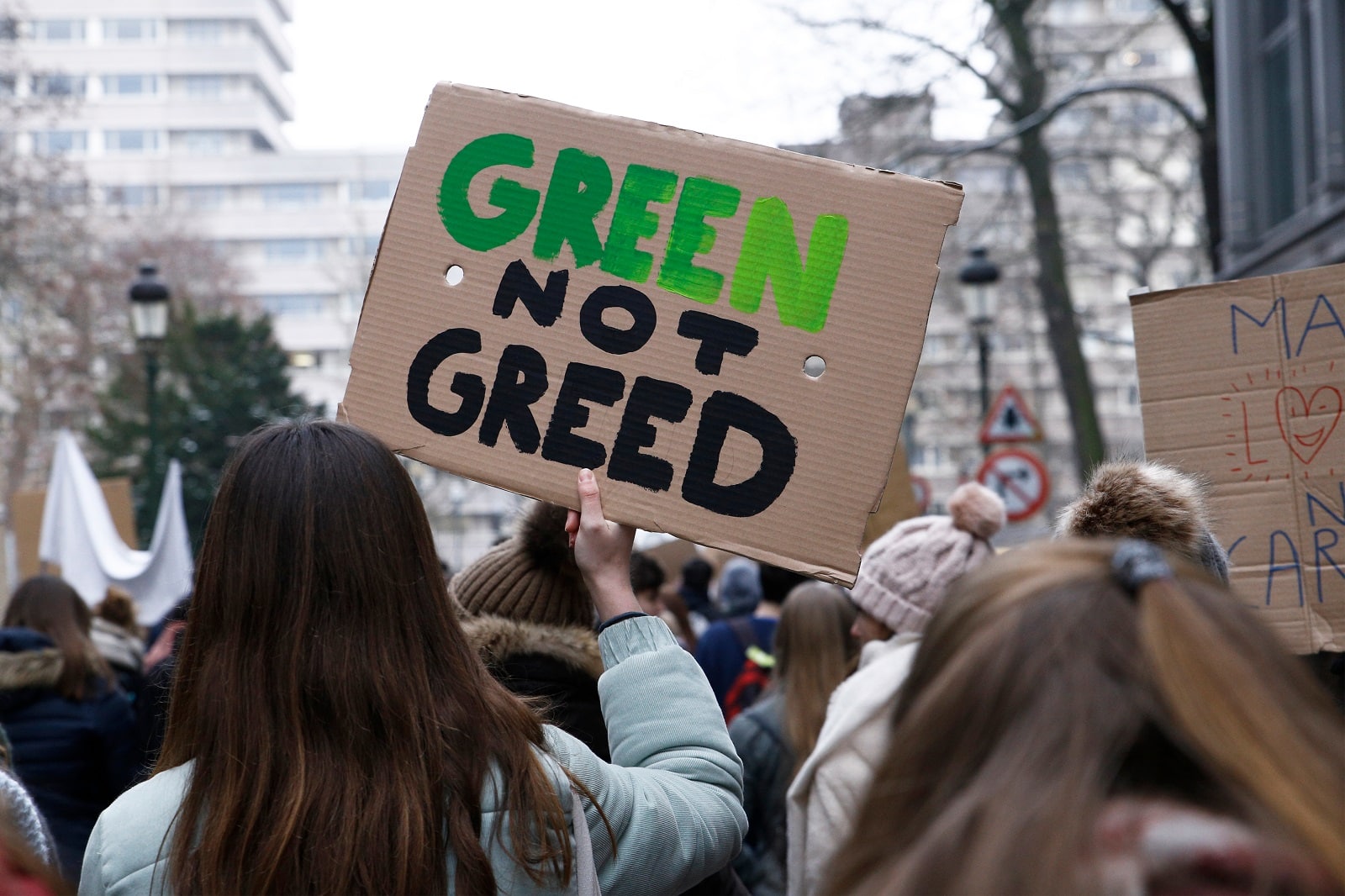
Scepticism or denial of climate change leading to withdrawal from international climate agreements.
20. Favouring of Monoculturalism
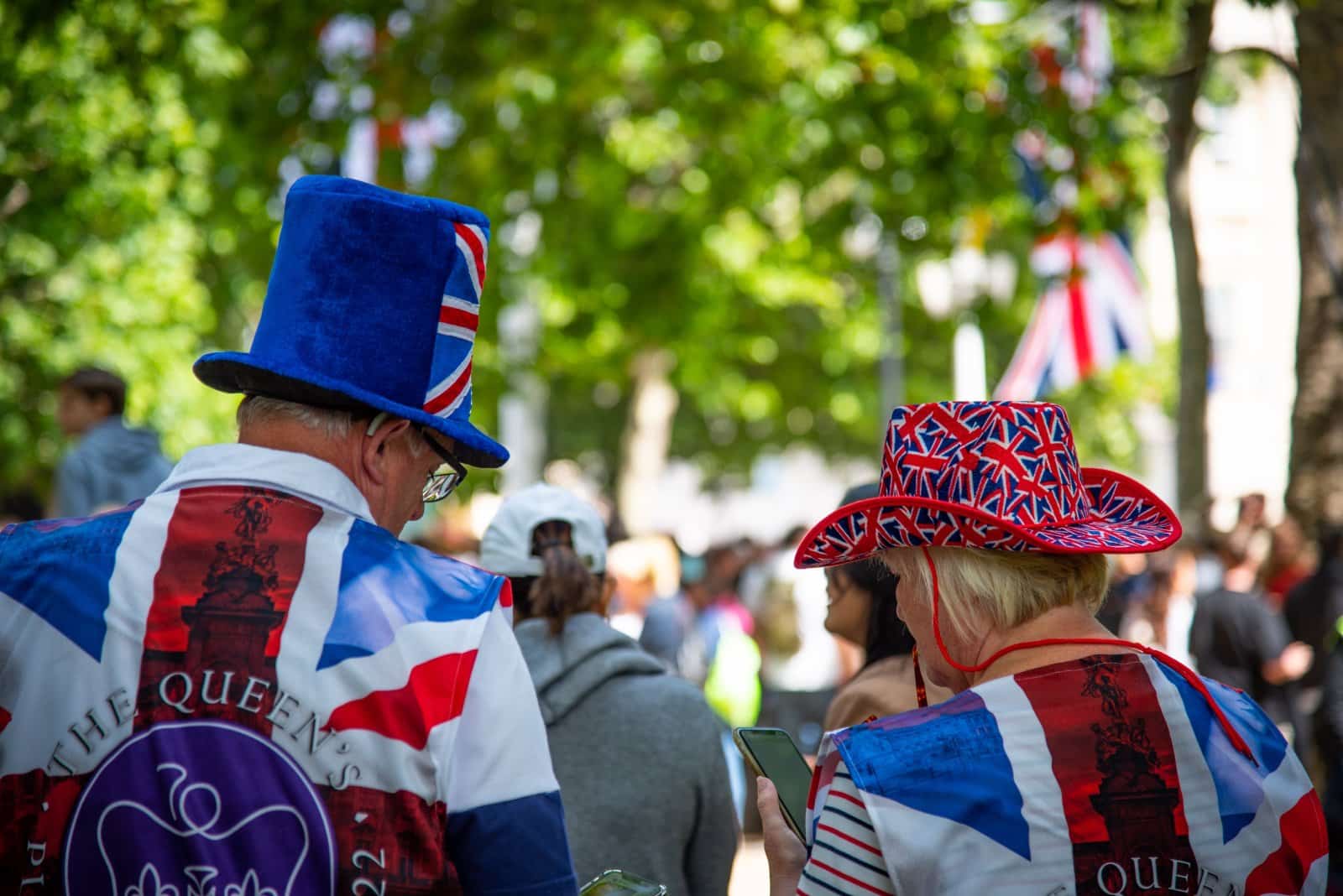
Policies promoting a single cultural identity at the expense of diversity.
21. Enhanced Executive Power

Expansion of the powers of the executive branch, often at the expense of legislative or judicial checks and balances.
Why the Shift Occurs
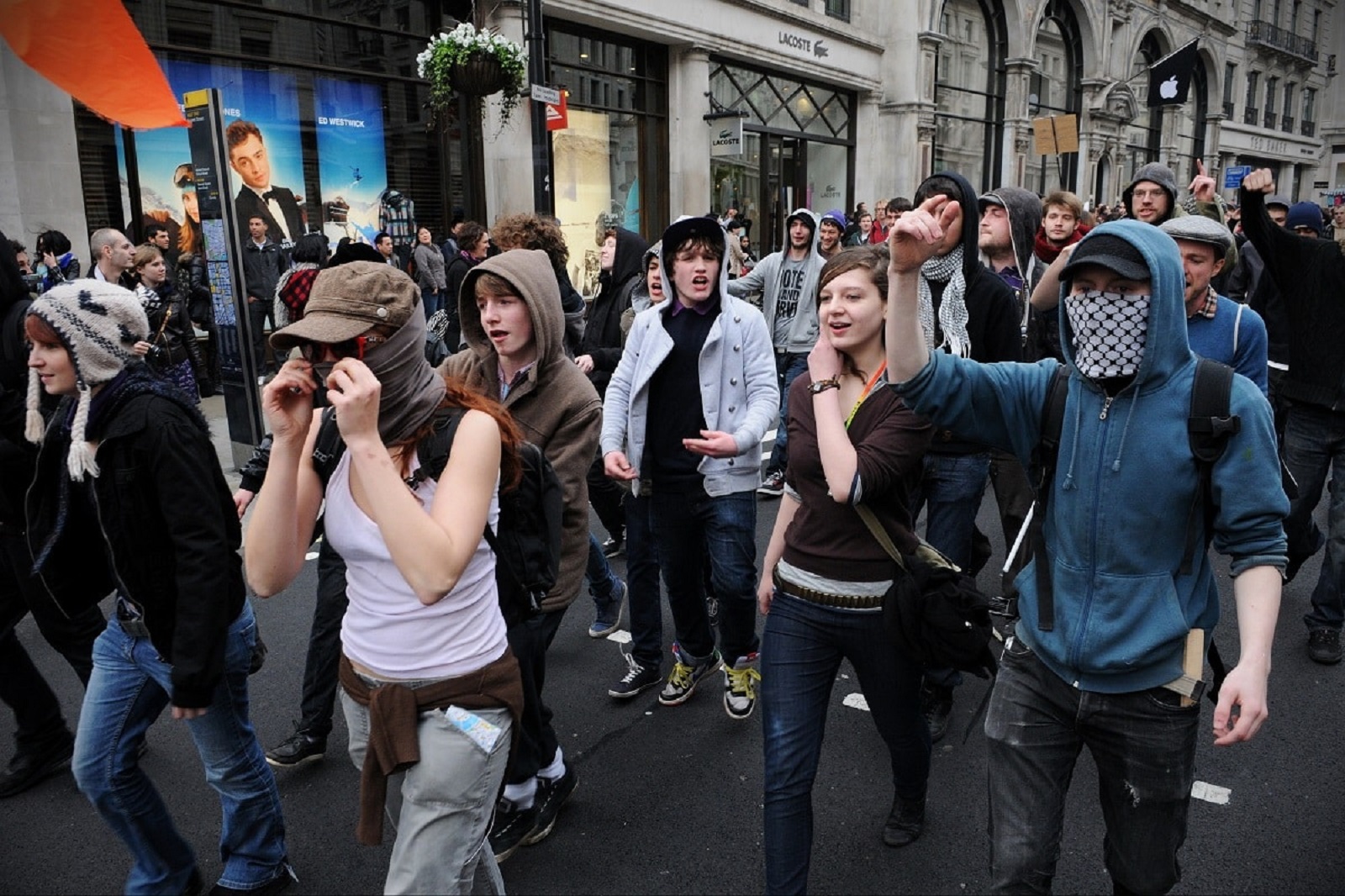
These shifts often occur in response to perceived threats or challenges to national identity, economic stability, or social cohesion.
Economic downturns, security incidents, and cultural conflicts can prompt a reevaluation of liberal or centrist policies, pushing the political needle towards the right. Additionally, charismatic leaders adept at tapping into societal fears and frustrations can accelerate this shift.
The Bottom Line
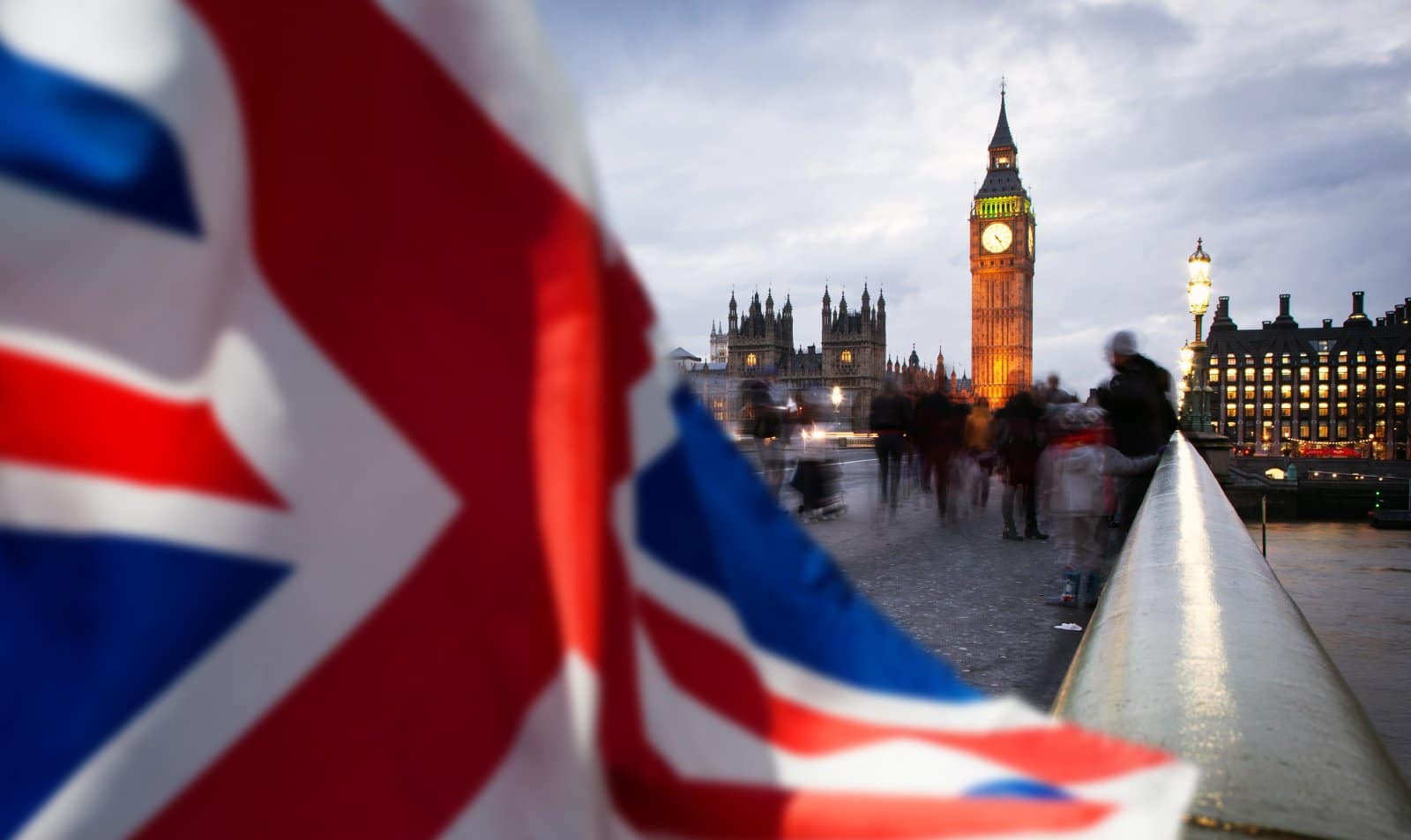
A country’s pivot to right-wing ideologies reflects deep-rooted concerns and aspirations among its populace. While such shifts can lead to significant policy changes and impact international relations, they also highlight the dynamic nature of political ideologies.
The post 21 Signs the UK Is Moving Right – The Decline of Liberal Ideals first appeared on 365 News.
Featured Image Credit: Shutterstock / Gina Power.
For transparency, this content was partly developed with AI assistance and carefully curated by an experienced editor to be informative and ensure accuracy.

